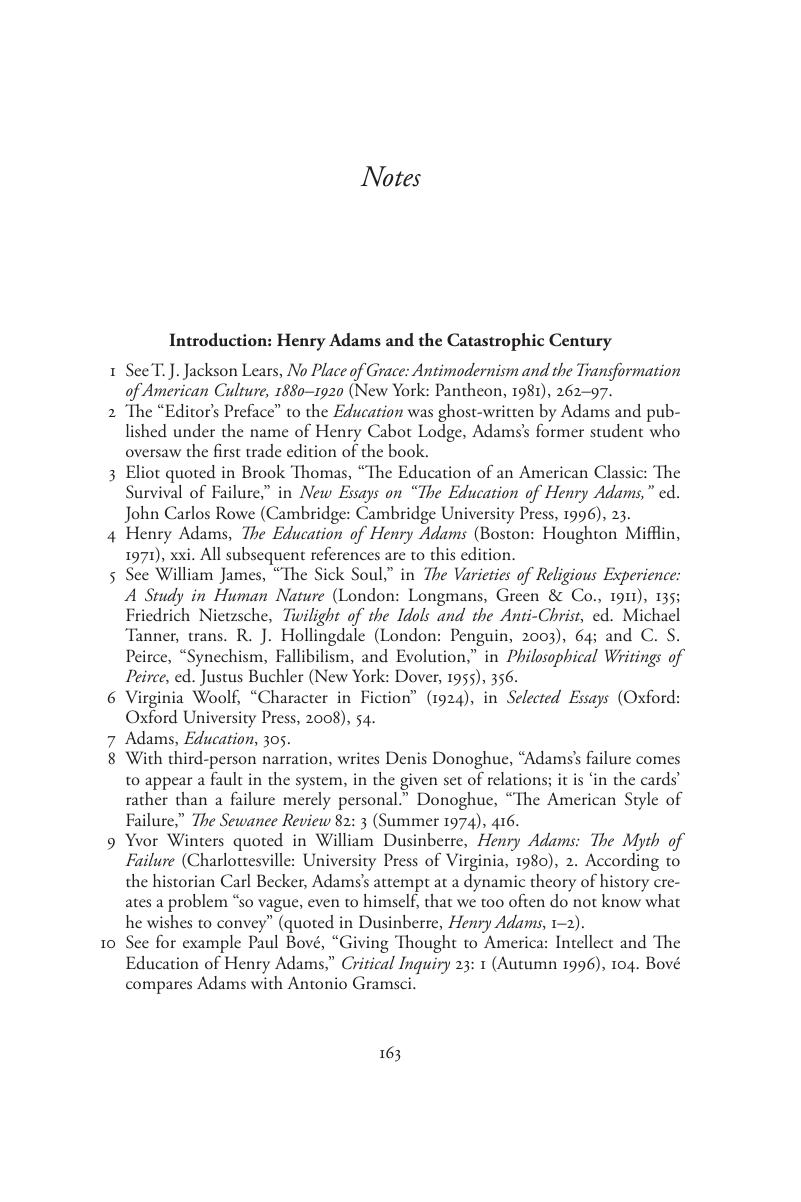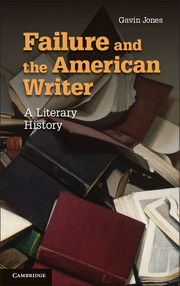Book contents
- Frontmatter
- Dedication
- Contents
- List of Illustrations
- Acknowledgments
- Introduction
- Chapter 1 Falling for Edgar Allan Poe
- Chapter 2 Herman Melville in the Doldrums
- Chapter 3 The Disappointments of Henry David Thoreau
- Chapter 4 Stephen Crane’s Fake War
- Chapter 5 The Double Failure of Mark Twain
- Chapter 6 Sarah Orne Jewett Falling Short
- Chapter 7 The Faltering Style of Henry James
- Conclusion
- Notes
- Index
- References
- Frontmatter
- Dedication
- Contents
- List of Illustrations
- Acknowledgments
- Introduction
- Chapter 1 Falling for Edgar Allan Poe
- Chapter 2 Herman Melville in the Doldrums
- Chapter 3 The Disappointments of Henry David Thoreau
- Chapter 4 Stephen Crane’s Fake War
- Chapter 5 The Double Failure of Mark Twain
- Chapter 6 Sarah Orne Jewett Falling Short
- Chapter 7 The Faltering Style of Henry James
- Conclusion
- Notes
- Index
- References
Summary

- Type
- Chapter
- Information
- Failure and the American WriterA Literary History, pp. 163 - 186Publisher: Cambridge University PressPrint publication year: 2014



